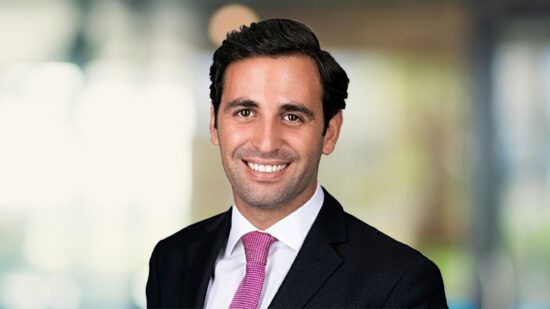While net inflows into European large cap equity funds have been booming during much of the past five years, taking in €29.8bn in net new money since January 2011, so-called single country European equity funds saw net outflows amounting to €16.4bn over that period. How to explain this discrepancy?
A simple, and seemingly sensible explanation was provided by rating agency and index provider Standard & Poor’s earlier this year, when it published a report showing that only a limited number of single country funds managed to outperform their respective local benchmarks over longer time periods. Netherlands large cap equity funds did worst, with 100% of the funds in S&P’s sample underperforming the benchmark over the five years to 2015.
Admittedly, Europe equity funds didn’t do much better with 80% of funds underperforming. However, the fact that Spanish and Italian equity funds had the highest share of outperforming continental European single country funds over the past five years at 21% and 48% respectively, and saw the largest net inflows, suggests long-term performance is an important driver of inflows.
Cast your net wide
The narrower your mandate is, the slimmer your chances to outperform. That’s one of the reasons Bart van de Ven of the Belgian wealth manager Accuro stays clear from single country funds. “A narrow mandate makes it more difficult for a fund manager to generate alpha, and often means the manager has a low active share. We prefer to give managers a broad mandate and we like funds with a high active share,” he says.
Van de Ven admits clients continue to be interested in investing in Belgian companies. “Some clients have a home bias, but we prefer to meet that demand by investing in single stocks rather than in funds.”
 Source: Morningstar
Source: Morningstar
But Van de Ven believes there is an additional reason single country funds often underperform. “The quality of the portfolio managers tends to be lower, and they are often younger guys. They are given a single country fund to start their fund manager career,” he says. “However, there are exceptions to this rule, such as US and UK equity funds, because these markets are bigger and more mature.”
Their often low active share also makes single country funds vulnerable to competition from ETFs, which have indeed seemed to add to their misery. While active funds in this category have seen net outflows of €15bn since 2011, ETFs witnessed net inflows of €5.8bn over that period. “I believe these funds will continue to drain assets,” Van de Ven comments.
Is there any light at the end of the tunnel?
Rishma Moennasing, a fund analyst at Rabobank, believes single country funds that only invest in large caps and have low active shares don’t have a future. But funds that are willing to change still do, she thinks.







